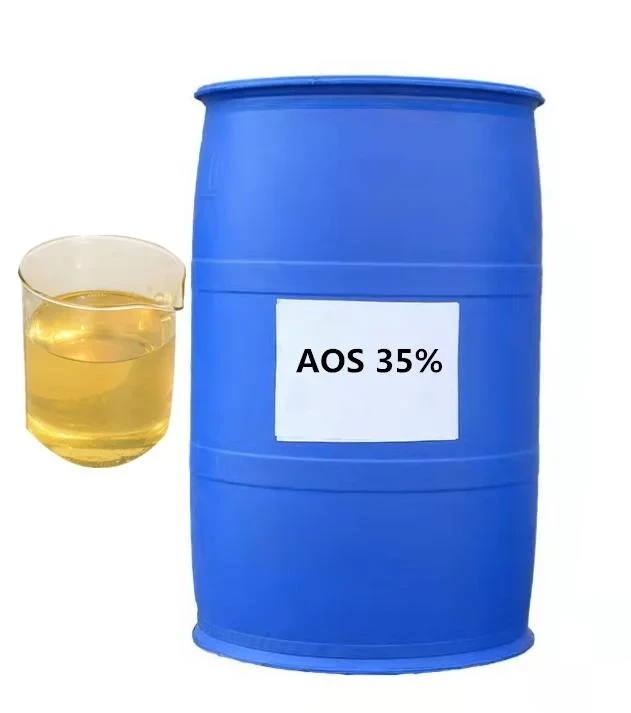



Using Potassium Nitrate to Effectively Remove Tree Stumps from Your Yard
Using Potassium Nitrate for Tree Stump Removal
When it comes to removing tree stumps from your yard, the task might seem daunting. This is especially true if the stump is large and deeply rooted. However, a natural and effective method of facilitating the decomposition of these stubborn remnants involves the use of potassium nitrate, often referred to as saltpeter. In this article, we’ll explore how potassium nitrate works to speed up stump decay, how to apply it effectively, and some safety considerations.
Understanding Potassium Nitrate
Potassium nitrate is a naturally occurring compound that contains both potassium and nitrate. In addition to its role as a fertilizer, it has applications in food preservation, as a soil amendment, and even in some pyrotechnic formulations. Its chemical properties make it especially beneficial for promoting decomposition; when absorbed into the stump, potassium nitrate encourages microbial activity that accelerates the breakdown of wood fibers.
How Potassium Nitrate Aids Decay
The primary way potassium nitrate facilitates stump removal is through its effect on the wood's natural decay process. Wood is primarily composed of cellulose and lignin, which are broken down by microorganisms such as bacteria and fungi. When potassium nitrate is applied to a stump, it creates a nutrient-rich environment that stimulates these organisms to thrive. The increase in microbial activity leads to the accelerated decomposition of the cellulose, reducing the integrity of the stump and allowing it to break apart more quickly.
Application Process
To effectively use potassium nitrate for tree stump removal, follow these steps
potassium nitrate for stumps

1. Preparation - Start by cutting the stump as close to the ground as possible using a chainsaw or handsaw. This will expose more surface area for the potassium nitrate to penetrate. 2. Drilling Holes - Use a drill to create several holes (about 1 inch in diameter) in the top and sides of the stump. Drill as deep as possible—at least a few inches deep—to allow the potassium nitrate to seep thoroughly into the wood.
3. Applying Potassium Nitrate - Pour the potassium nitrate granules into the holes. You can also dissolve the granules in hot water to create a solution that will penetrate the wood more effectively. This method helps to saturate the stump and encourages quicker absorption.
4. Moistening - After applying potassium nitrate, cover the stump with a tarp or plastic sheet to retain moisture. You can also water the stump regularly to keep it moist, which is essential for the microbial processes to kick in.
5. Waiting Period - Patience is key. It can take several weeks to a few months for the stump to decompose significantly, depending on its size and environmental conditions. Over time, you should notice the stump becoming softer and more crumbly.
Safety Precautions
While potassium nitrate is generally safe to use, it is essential to handle it with care. Always wear gloves and protective eyewear when dealing with the compound to avoid skin irritation or eye contact. Additionally, keep it away from open flames or sparks, as it is an oxidizing agent that can support combustion.
Conclusion
Using potassium nitrate for tree stump removal is an effective and environmentally friendly method for homeowners looking to reclaim their yards without resorting to heavy machinery or chemical herbicides. By following the simple application process and being patient, you can turn an unsightly stump into nutrient-rich soil, aiding in the growth of new plants and improving the overall health of your garden. If you have a stubborn stump that needs removal, consider potassium nitrate as a viable solution—it’s a natural way to nurture your landscape while effectively dealing with unwanted tree remnants.
-
Why Sodium Persulfate Is Everywhere NowNewsJul.07,2025
-
Why Polyacrylamide Is in High DemandNewsJul.07,2025
-
Understanding Paint Chemicals and Their ApplicationsNewsJul.07,2025
-
Smart Use Of Mining ChemicalsNewsJul.07,2025
-
Practical Uses of Potassium MonopersulfateNewsJul.07,2025
-
Agrochemicals In Real FarmingNewsJul.07,2025
-
Sodium Chlorite Hot UsesNewsJul.01,2025










